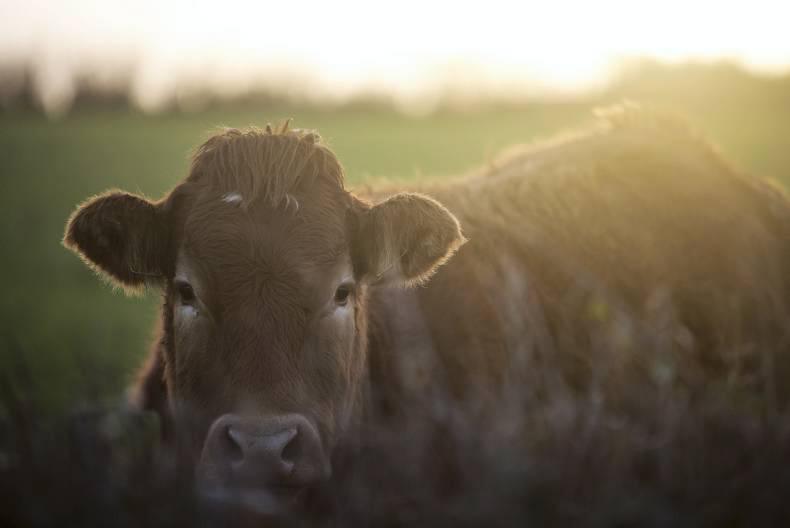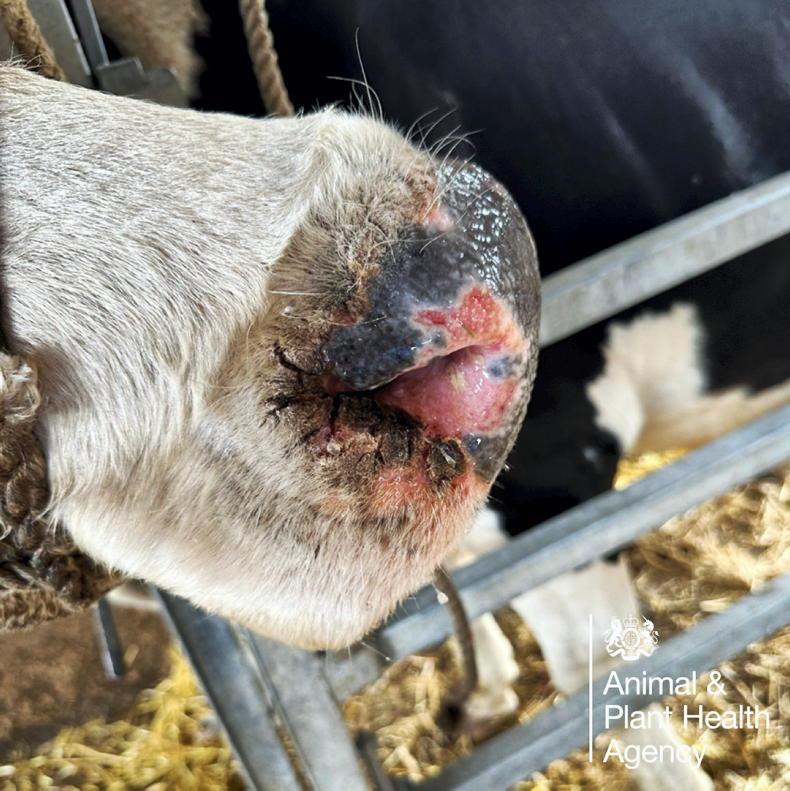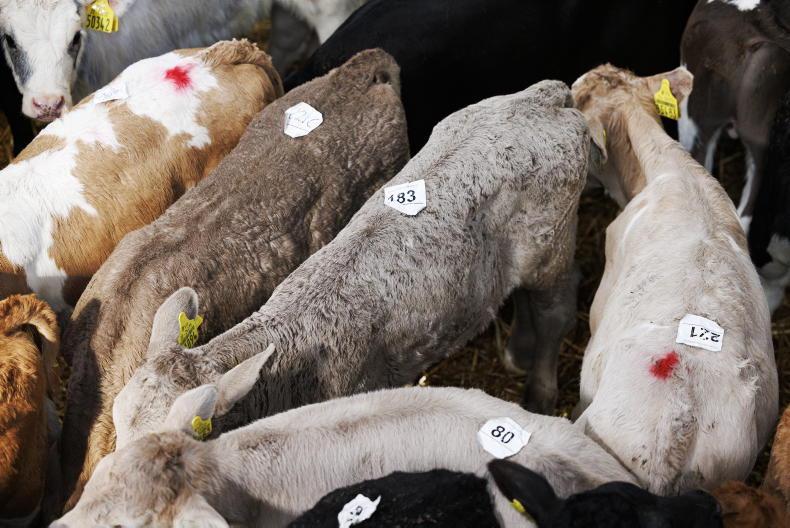The start of the Conservative Party conference this week was always a likely venue for the prime minister to make a big statement on Brexit, and she has duly delivered.
March 2017 has been set as the date when Article 50, the means by which a country triggers the leaving process, will begin.
Speaking on BBC television on Sunday morning, May gave no definite timeline for talks other than to have the process started "for the first quarter of 2017". May added that "once the trigger comes we will have a smoother process of negotiation".
From that there is a two-year window to negotiate the future relationship the UK will have with its former colleagues in the EU. This can be extended but requires agreement of all the remaining members of the EU, which is considered unlikely.
Reality
This announcement brings a reality to last June's referendum which produced an outcome that is most unfavourable for Irish agriculture, and also creates serious long-term uncertainty for UK farmers.
Ironically, the referendum result, by creating a weakness in sterling, has created a windfall for UK farmers, with commodity prices rising and the setting of Common Agricultural Policy payments at a much more favourable rate than last year.
Uncertain trade future
The announcement brings an urgency to discussions on future trading relationships. The Republic of Ireland is dependent on the British market to sell over half of its beef and cheese, while Northern Irish farmers send over a third of their sheep to the Republic for processing and a similar volume of milk.
Any new arrangement is likely to be less favourable to trade than the existing single market.
Further analysis to follow
Read more
Full coverage: Brexit
The start of the Conservative Party conference this week was always a likely venue for the prime minister to make a big statement on Brexit, and she has duly delivered.
March 2017 has been set as the date when Article 50, the means by which a country triggers the leaving process, will begin.
Speaking on BBC television on Sunday morning, May gave no definite timeline for talks other than to have the process started "for the first quarter of 2017". May added that "once the trigger comes we will have a smoother process of negotiation".
From that there is a two-year window to negotiate the future relationship the UK will have with its former colleagues in the EU. This can be extended but requires agreement of all the remaining members of the EU, which is considered unlikely.
Reality
This announcement brings a reality to last June's referendum which produced an outcome that is most unfavourable for Irish agriculture, and also creates serious long-term uncertainty for UK farmers.
Ironically, the referendum result, by creating a weakness in sterling, has created a windfall for UK farmers, with commodity prices rising and the setting of Common Agricultural Policy payments at a much more favourable rate than last year.
Uncertain trade future
The announcement brings an urgency to discussions on future trading relationships. The Republic of Ireland is dependent on the British market to sell over half of its beef and cheese, while Northern Irish farmers send over a third of their sheep to the Republic for processing and a similar volume of milk.
Any new arrangement is likely to be less favourable to trade than the existing single market.
Further analysis to follow
Read more
Full coverage: Brexit










SHARING OPTIONS